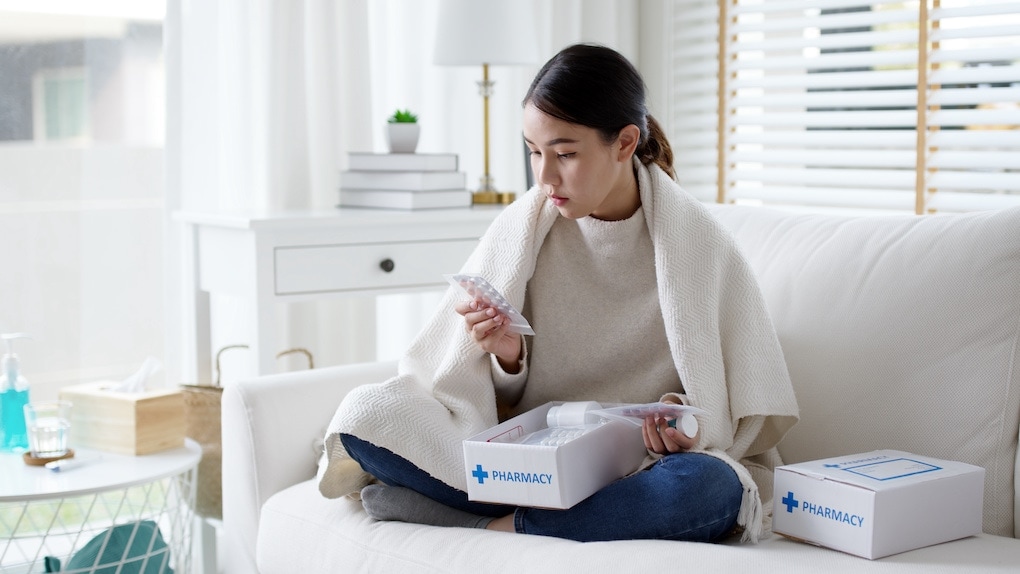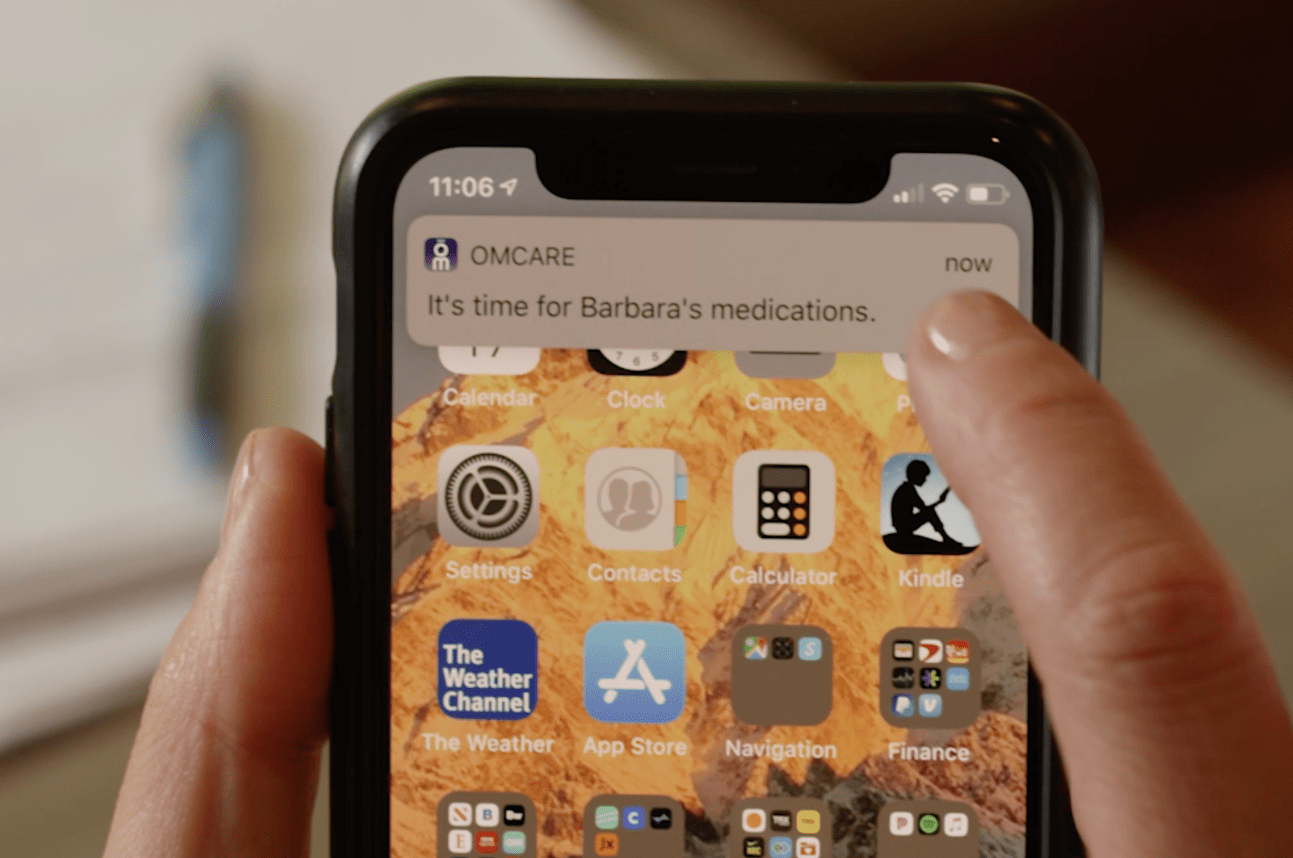Around 66% of people in the United States take at least one prescription medication. The average number of prescriptions taken is 4 per person, but that number rises significantly for those treating chronic conditions. Regardless, medication is one of the largest expenditures in the healthcare industry to date (over 10% of all healthcare spending).
With patients shelling out money, one might assume people manage their medications well and always take them on time and in the right dose. However, this is certainly not the case.
It’s estimated that just half of the people who are on regular medication take the proper doses at the proper times. Taking medications appropriately is called medication adherence, and it’s a critical detail that can gauge the success of treatment. It is a metric that doctors and healthcare plans are always striving to improve.
Throughout the pandemic, there have been a lot of shifts in the healthcare industry—from embracing more telemedicine to making changes to care plans due to limited access to in-person appointments. Because of this, we’ve discovered some astounding medication adherence statistics and how it’s changed or will change, in the coming years.
4 Telling Medication Adherence Statistics
The top reason for medication non-adherence is forgetfulness
In the last decade, Express Scripts ran a multi-year pilot study to figure out the main cause of medication non-adherence. They went into the study thinking cost and accessibility would be the biggest reason: they were wrong.
They found that of the 600,000 patients, 39% simply forgot to take their meds, 20% did not renew scripts on time, and 10% put off refills resulting in multiple missed doses.
Over 125,000 premature deaths per year caused by medication non-adherence
In 2014, non-adherence was the 6th most common cause of premature death in America. That’s an incredible, and expensive, statistic. These preventable hospital visits, stays, and deaths cost the healthcare industry hundreds of billions of dollars per year.
Over half of patients with mental illness are non-adherent
Statistics show that between 40 and 60% of patients who are mentally ill have poor medication adherence and rarely take their medications on time, if at all. Uncontrolled mental illness lead to the climbing rates of unemployment, homelessness, and suicide which sits in the top 10 causes of death in the United States.

Better adherence could help prevent 89,000 hypertensive deaths
Hypertension puts you at risk for heart disease and stroke which continue to sit in the leading causes of death among American adults. Treatment for hypertension includes lifestyle changes like diet and exercise but also critical medications that help lower blood pressure. Nearly 50% of Americans have improperly medicated hypertension. This highly preventative and curable disease accounts for $106 billion of added costs each year.
Tips for improving medication adherence
Improving medication adherence not only saves lives but saves money, time, and suffering caused by missed doses. Luckily there are some ways to improve medication adherence on both the patients’ side and the providers.
Pharmacy subscriptions
Procrastinating on refills was one of the leading reasons for poor medication adherence, and one way to solve that issue is by having pharmacy subscriptions and delivery. No longer do people have to worry about calling in their script or heading to the pharmacy to pick it up. Auto-refills and home deliveries can improve that issue significantly. Even Amazon offers pharmacy subscriptions now for ease of use.

Mobile app reminders
More and more providers are getting on board with mobile applications that allow patients to manage care, appointments, and prescriptions all from their device. A mobile app keeps information secure but also allows for direct communication. Patients can send or update their prescription right from their phone and send that information directly to the pharmacy in minutes.

Live consultations
Pharmacists and providers should continue to offer, and encourage, live consultations with their patients. Patients may feel ashamed of going in and speaking to a pharmacist about their meds or chronic conditions, so offering it online from the comfort of their own home might help alleviate that desire to procrastinate or avoid speaking to someone.
Text/call reminders
Seniors account for one of the greatest percentages of prescription use and non-adherence. But many of them do not have smartphones. Call and text reminders continue to be a highly effective method of reminding adults to fill or take their meds.
Automatic pill dispensers
The physical management of medications is another way to help improve medication adherence. Daily pill organizers can help, but automatic pill dispensers are the way of the future. They ensure patients have an alarm and a second point of reminder. Then the meds are dispensed to them, accurately and on time.

With the Ōmcare Home Health Hub®, we ensure patients not only get their meds dispensed in the correct dose at the correct time, but they can actually speak with their providers, pharmacist or caregiver in real-time to get advice, discuss their care plan, and receive the support they need to increase adherence.
We believe improving medication adherence is one of the #1 ways to save lives, and we are happy to play a part in that change. If your clinic also wants to commit to improving medication adherence in the form of automatic pill management, reach out to Ōmcare today.

